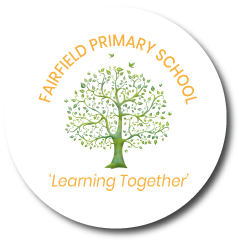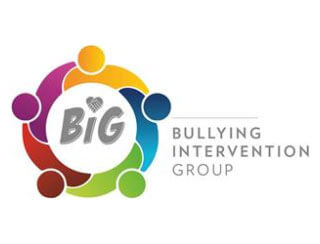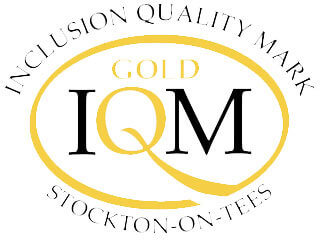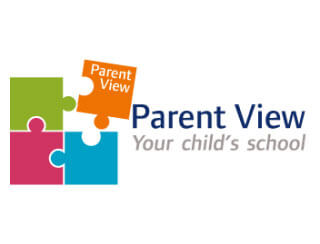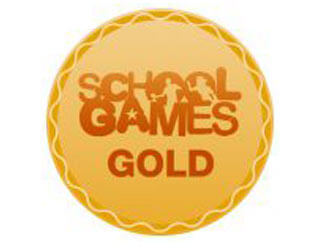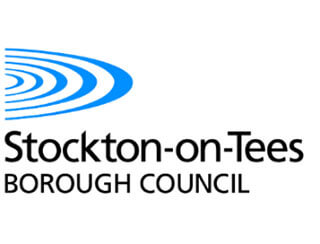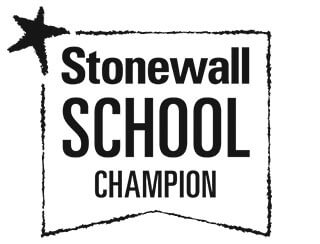English
ENGLISH CURRICULUM INTENT
- We aim to help children develop a love for the English language through spoken and written word.
- We strive for children to value the knowledge of English as a lifelong skill.
- We recognise that English is a core subject within the National Curriculum and a pre-requisite for educational and social progress.
- Mastery over language empowers children to communicate creatively and imaginatively, as well as allowing them to engage with the world at large.
- We view the acquisition of language skills to be of the utmost importance and so the teaching of all aspects of English is given a high priority.
- We recognise the importance of language in the social, emotional and intellectual development of children.
- We aim to develop pupils’ abilities within an integrated programme of spoken language, reading and writing striving for accelerated personal progress for all.
- Pupils will be given opportunities to interrelate the requirements of English within a broad and balanced curriculum.
- Opportunities are given to consolidate and practise ‘taught’ English knowledge in cross curricular activities.
- We aim for children to explore a wide range of genres both in the written and verbal form and magpie from these to create meaningful, purposeful work of their own.
- The aim is for past knowledge to be revisited and consolidated to maximise progress for all.
- The aim is for children to know more and remember more.
ENGLISH CURRICULUM IMPLEMENTATION
As a school we follow the objectives within the National Curriculum Framework aiming for an in-depth understanding with regards to both skills and knowledge.
To develop our pupils spoken languages:
- Give them opportunities to express their ideas to a range of audiences.
- Give them opportunities to take part in group discussion and drama activities.
- Encourage them to listen and respond appropriately to others.
- Help them to understand the need to adapt their speech to different situations.
- Give them opportunities to evaluate and reflect on their own speech.
- Encourage them to use the vocabulary and grammar of Standard English whenever appropriate.
To develop our pupils as readers we:
- Teach them to read accurately and fluently.
- To provide children with a firm foundation in phonics – through access to a systematic synthetic approach to allow all children to grow the phonics code (Little Wandle Letters and Sounds Revised).
- To provide all children with books that directly reflect their phonics ability mirroring teaching in class (Big Cat).
- Help them to understand and respond to what they read using inference and deduction where appropriate.
- To expose all children to a wide variety of progressive quality texts.
- To ensure reading is a focus across the wider curriculum.
- Encourage them to read a wide range of genres.
- Encourage them to read independently and with enjoyment.
- Use VIPERS to teach reading skills.
To develop our pupils as writers we:
- Teach them to write effectively for a range of purposes and reasons, adapting their vocabulary and style as appropriate.
- Teach key vocabulary explicitly ensuring word meaning is understood.
- Encourage them to write with interest, commitment and enjoyment – providing memorable experience days to raise levels of engagement and help children know more and remember.
- Show them how to write in a variety of forms such as stories, poems, reports and letters.
- Show them how to evaluate and edit to improve their own writing.
- Give individual writing targets and personalised feedback after final writing of extended pieces.
- Show them how to use punctuation to make meaning clear to their reader.
- Give them the knowledge and the strategies to become confident and accurate spellers.
- Teach them a fluent, cursive and legible style of handwriting, promoting an understanding of how to present work appropriately.
- Teachers monitor progression through effective questioning and on-going formative assessment of lesson outcomes.
ENGLISH CURRICULUM IMPACT
- Children are effective, competent communicators and good listeners.
- Children can express opinions, articulate feelings and formulate responses to a range of texts across genres using appropriate technical vocabulary.
- Children can present their writing neatly using a cursive, joined style.
- Children foster an interest in words and their meanings, and develop a growing vocabulary in both spoken and written form.
- Children enjoy and engage with and understand a range of text types and genres.
- Children enjoy writing and reading and have a recognition of its value beyond the school setting
- Ultimately children know more and remember more.
